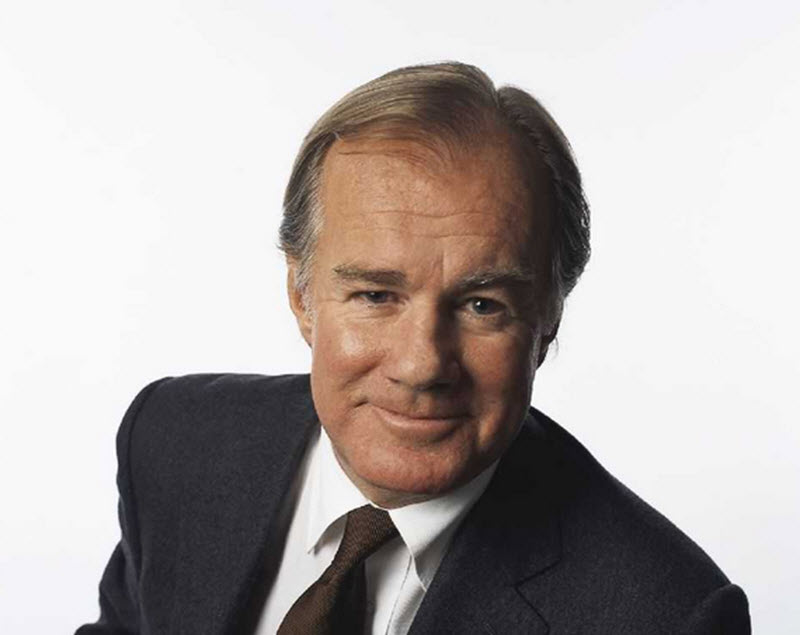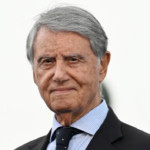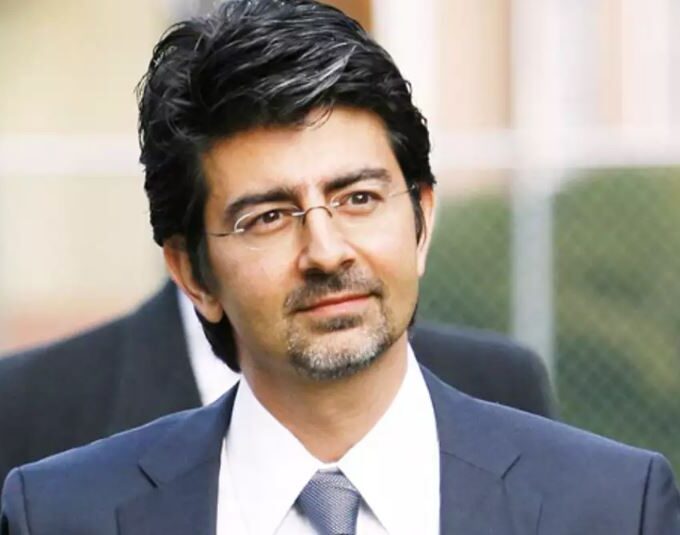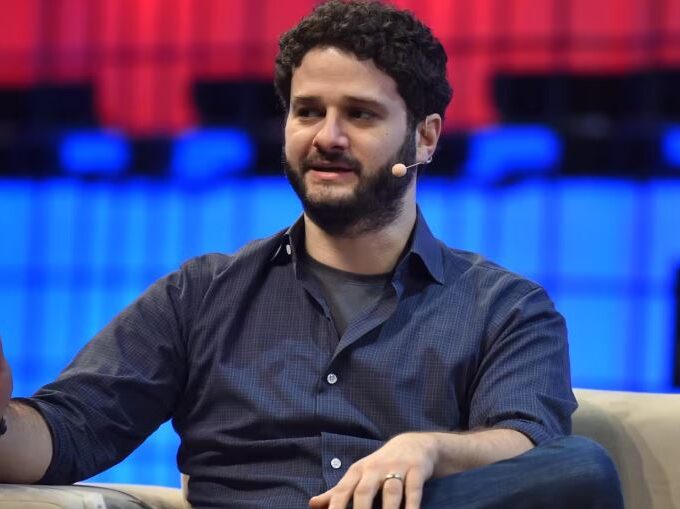- Home
- Billionaires
- Investing Newsletters
- 193CC 1000
- Article Layout 2
- Article Layout 3
- Article Layout 4
- Article Layout 5
- Article Layout 6
- Article Layout 7
- Article Layout 8
- Article Layout 9
- Article Layout 10
- Article Layout 11
- Article Layout 12
- Article Layout 13
- Article Layout 14
- Article Sidebar
- Post Format
- pages
- Archive Layouts
- Post Gallery
- Post Video Background
- Post Review
- Sponsored Post
- Leadership
- Business
- Money
- Small Business
- Innovation
- Shop
Recent Posts
Stefan Persson: The Visionary Leader Behind H&M’s Global Success | Richest person in Sweden

Stefan Persson, a Swedish business magnate, is a name synonymous with retail innovation and success. As the former CEO and current principal shareholder of Hennes & Mauritz (H&M), Persson has played a pivotal role in transforming the company from a modest clothing retailer into one of the largest fashion empires in the world. Born on October 4, 1947, in Stockholm, Sweden, Persson inherited a budding business founded by his father, Erling Persson, in 1947. Under Stefan’s strategic leadership, H&M expanded globally and became a symbol of affordable, trendy fashion. This article delves into Persson’s remarkable journey, his contributions to H&M, and his legacy as a visionary leader.
Stefan Persson grew up in a family steeped in entrepreneurial spirit. His father, Erling Persson, laid the foundation for H&M, originally named Hennes, which means “hers” in Swedish. Erling’s vision was to provide fashionable yet affordable clothing for women, a concept that resonated with post-war European consumers. Stefan’s early exposure to the retail business and his father’s work ethic profoundly influenced his career trajectory. After completing his schooling in Stockholm, Stefan pursued higher education in business and economics at Lund University. This academic background equipped him with the knowledge and skills necessary to take the family business to unprecedented heights.
Stefan joined H&M in the 1970s, a time when the company was gaining traction in the Swedish market. His entry marked the beginning of a new era for the brand. Persson recognized the potential for expansion beyond Sweden and envisioned a global presence for H&M. In 1982, he succeeded his father as the CEO of the company. This leadership transition set the stage for a period of remarkable growth and innovation.
One of Stefan Persson’s most significant contributions to H&M was his focus on international expansion. Under his leadership, H&M ventured beyond Scandinavia and established a presence in major markets across Europe, North America, Asia, and the Middle East. The brand’s entry into the United States in 2000 marked a turning point, as it signaled H&M’s ambition to compete with global retail giants. Persson’s strategy was to offer high-quality, stylish clothing at affordable prices, a formula that resonated with diverse customer bases worldwide.
While driving growth, Stefan Persson also emphasized sustainability in fashion, a sector often criticized for its environmental impact. Under his stewardship, H&M launched initiatives to promote eco-friendly practices, such as using organic cotton and recycled materials. The company introduced the H&M Conscious Collection, showcasing its commitment to sustainable fashion. Persson’s efforts to integrate sustainability into the core business model have set an example for other players in the industry.
Stefan Persson understood the importance of staying ahead in a rapidly changing retail landscape. He championed the adoption of technology to enhance the shopping experience. H&M embraced e-commerce early, launching its online store in 1998. This move allowed the brand to cater to the growing demand for online shopping and expand its reach beyond physical stores. Persson’s focus on innovation extended to supply chain management, where he implemented systems to ensure efficiency and reduce lead times, enabling the company to respond quickly to changing fashion trends.
Stefan Persson’s leadership style is characterized by a long-term vision and a commitment to the company’s core values. He has often described himself as a team player, believing in empowering employees and fostering a collaborative work environment. Persson’s approach to leadership reflects his belief in the importance of adaptability and resilience. Despite the challenges posed by economic downturns and shifting consumer preferences, he has steered H&M through turbulent times with a steady hand.
Beyond his business accomplishments, Stefan Persson is known for his philanthropic endeavors. He has donated generously to various causes, including education, environmental conservation, and healthcare. Through the Persson family’s charitable foundation, he has supported initiatives aimed at improving the quality of life for people around the world. Despite his wealth and influence, Persson is known for maintaining a low-profile personal life. He is married to Carolyn Denise Persson, and the couple has three children, including Karl-Johan Persson, who succeeded Stefan as H&M’s CEO in 2009.
Stefan Persson’s legacy is firmly entrenched in the history of global retail. Under his leadership, H&M grew from a regional retailer to a global powerhouse with over 4,000 stores in more than 70 countries. His emphasis on affordability, innovation, and sustainability has reshaped the fashion industry and influenced consumer behavior worldwide. Today, H&M is not just a clothing brand but a cultural phenomenon that continues to set trends and inspire millions.
Like any global business leader, Stefan Persson has faced criticism and challenges during his tenure. H&M has been scrutinized for labor practices in its supply chain and the environmental impact of fast fashion. Persson’s response has been to acknowledge these issues and implement measures to address them. By investing in sustainability and transparency, he has demonstrated a willingness to evolve and adapt to the growing demand for ethical business practices.
Stefan Persson’s journey is a testament to the power of vision, innovation, and resilience. As the driving force behind H&M’s meteoric rise, he has left an indelible mark on the fashion industry. His commitment to making fashion accessible to everyone, while championing sustainability and innovation, has set a benchmark for other retailers. Even as he steps back from day-to-day operations, Persson’s influence continues to shape H&M’s future and inspire the next generation of business leaders. In a world where consumer preferences and market dynamics are constantly evolving, Stefan Persson’s story serves as a beacon of adaptability and visionary leadership.
- affordable fashion
- Business Growth
- business leader
- Business Legacy
- Business Magnate
- consumer behavior
- corporate responsibility
- Corporate Strategy
- corporate transparency
- E-commerce
- Eco-Friendly Practices
- Economic Resilience
- Environmental Impact
- Erling Persson
- Ethical Business
- Family Business
- fashion empire
- fashion industry
- fashion retail
- fashion trends
- fast fashion
- fast fashion challenges
- Global Business
- Global Markets
- global retail
- H&M
- H&M Conscious Collection
- H&M history
- Hennes & Mauritz
- Innovation in Retail
- International Markets
- Karl-Johan Persson
- labor practices
- Leadership Style
- Lund University
- Philanthropy
- Retail Expansion
- retail innovation
- retail success
- retail technology
- Stefan Persson
- Stefan Persson’s impact
- Stefan Persson’s philosophy
- Stockholm
- Supply Chain Management
- sustainability in fashion
- sustainable business
- Swedish entrepreneur
- Visionary Leader
Recent Posts
Categories
- 193 Countries Consortium Partner1
- 193cc Digital Assets2
- 5G1
- Aerospace & Defense48
- AI37
- Arts3
- Banking & Insurance11
- Big Data3
- Billionaires1,487
- Boats & Planes1
- Business332
- Careers13
- Cars & Bikes79
- CEO Network1
- CFO Network17
- CHRO Network1
- CIO Network1
- Cloud10
- CMO Network18
- Commercial Real Estate7
- Consultant1
- Consumer Tech194
- CxO1
- Cybersecurity73
- Dining1
- Diversity, Equity & Inclusion4
- Education7
- Energy8
- Enterprise Tech29
- Events11
- Fintech1
- Food & Drink2
- Franchises1
- Freelance1
- Future Of Work2
- Games149
- GIG1
- Healthcare79
- Hollywood & Entertainment203
- Houses1
- India’s 1000 Richest1
- Innovation46
- Investing2
- Investing Newsletters4
- Leadership65
- Lifestyle11
- Manufacturing1
- Markets20
- Media327
- Mobile phone1
- Money13
- Personal Finance2
- Policy569
- Real Estate1
- Research6
- Retail1
- Retirement1
- Small Business1
- SportsMoney42
- Style & Beauty1
- Success Income1
- Taxes2
- Travel10
- Uncategorized14
- Vices1
- Watches & Jewelry2
- world's billionaires1,456
- Worlds Richest Self-Made Women2
Related Articles
Carrie Perrodo & Family: A Legacy of Wealth, Privacy, and Influence
Carrie Perrodo, the reclusive French billionaire and matriarch of one of the...
By 193cc World's BillionairesJune 3, 2025The Life and Legacy of Pei Zhenhua
Pei Zhenhua was a prominent Chinese military and political leader whose contributions...
By 193cc World's BillionairesJune 3, 2025Pierre Omidyar: The Visionary Behind eBay and a Champion for Global Change
Pierre Omidyar is a name that resonates deeply within the worlds of...
By 193cc World's BillionairesJune 3, 2025Dustin Moskovitz: The Quiet Billionaire Behind Facebook and Asana
Dustin Moskovitz may not be the most famous name associated with Facebook,...
By 193cc World's BillionairesJune 3, 2025















Leave a comment